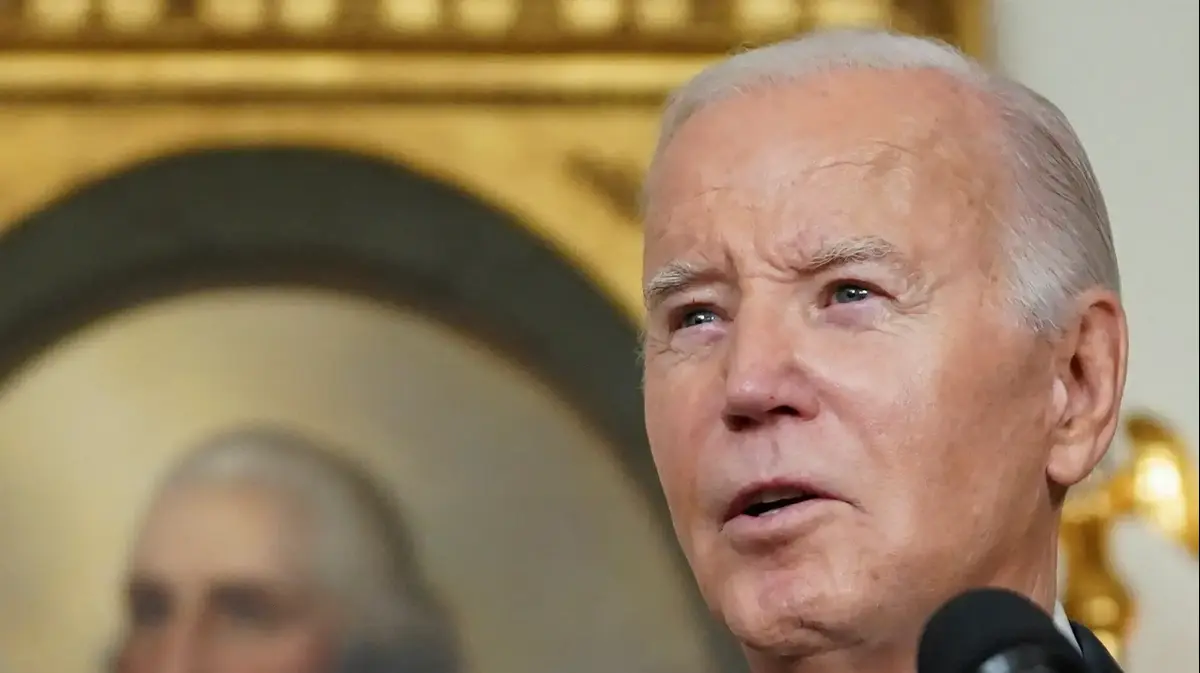Chief Executive Lam Cheng Yuet-ngor mentioned in this year's "Policy Address" that one of the projects to improve national security is to legislate against "fake news." Officials also blame society's dissatisfaction with the government on the spread of "fake news."
However, legislation governing "fake news" (or false information) has many potential political disputes. The core of the problem is how to define and enforce it.
In the last episode, some politicians and scholars raised a deep question: false information may sometimes be beneficial to the government and achieve a certain political effect, and the Hong Kong government's past methods of handling individual false information are also questionable.
As a result, the "fake news" legislation gave rise to the question of "who guards the guards" (who guards the guards): looking around the world, countries or regions with relevant laws are generally enforced by the government.
Once the legislation is regulated, how to ensure the independence and impartiality of the relevant agencies to enforce the law?
In Singapore, it is precisely because government officials are leading the entire "fake information" arbitration process that they are questioned about "players concurrently serving as a football card." The implementation has been controversial, and there are more oppositions than "fake information."
In this regard, no one in Hong Kong society has been able to propose a convincing solution for the time being, but there are those in the establishment that the government should have the most information and should trust the government to handle it fairly.
"Fake News" Legislative Controversy-Part Two
Deng Bingqiang said fake news "everyone knows how to distinguish"
One of the controversies in the legislative prohibition of "fake news" is how to define a piece of information as "fake", there are gray areas and even subjective political judgments.
In an earlier interview with the media, Secretary for Security Deng Ping-keung said that "fake news" has objective standards, and ordinary people can also understand how to score and argue: "It will not be subjective, there must be objective standards. No, I think you are fake, you must have standards. , And my intention to do anything are very important. Do you really know the fake and still say it?”
However, the Democratic Party chairman Luo Jianxi believes that the actual implementation is not that simple. For example, “If someone is dissatisfied with being treated rudely by police officers and criticized on the Internet, but the police officer involved denies the accusation and has no proof, does that mean that the citizen is in What about spreading "fake news"? How to "fake" it is ultimately based on official preferences."
"Laws are often interpreted by administrative and law enforcement agencies. In many cases, (the government) will confuse "false information" with (official) "disagree" messages." Fu Jinghua, an associate professor at the Center for Journalism and Media Studies, The University of Hong Kong It was said on a radio show in April.
He also questioned that officials, official media, and pro-organizational figures may also spread false information. How to ensure fairness and justice in law enforcement is an important issue.
Fu Jinghua found through the social media database of his media research center that in the background description of the police report on the 7.21 incident, the false pictures circulated on the mainland Weibo were cited, but this was finally officially certified as the information explaining the background of the 7.21 incident.
Fu Jinghua told reporters: "This is the problem. When the source of false information is official or official support, who will monitor it?" He pointed out that this is a fundamental contradiction in identity and role.
Singapore implementation status: arbitration by government ministers
Singapore can serve as one of the negative examples.
The country passed the "Prevention of Internet Falsified Information and Internet Manipulation Act" in May 2019, which took effect in October of the same year.
According to the government's official statement, the law aims to "protect society from "malicious actors" deliberately posting false information on the Internet and target false information, excluding opinions, criticism, satire or parody.
The law is enforced by the POFMA Office (POFMA Office). The main content includes issuing notices, instructing individuals or organizations that spread false information to mark "correction notices" next to false information or delete false information; instructing Internet service provision Merchants or online platforms prohibit end users from logging in to the website where the false information is located or viewing related content.
In addition, once convicted, a person who violates the law can be imprisoned for up to 5 years and fined 500,000 Singapore dollars (about 2.88 million Hong Kong dollars).
However, POFMA is arbitrated by government cabinet officials, and its law enforcement independence and impartiality have been questioned.
Singapore enacted regulations to regulate "fake information" in 2019, but it has been controversial since its implementation, and it has been questioned more against the opposition than false information.
(Profile picture)
Opposition: The government claims "false" but does not provide "true information"
"Obviously it can't (ensure the fairness of law enforcement)." Lim Tean, a member of the People's Voice Party, a opposition political group in Singapore, said categorically on social networks.
Lin Ding is a "frequent visitor" of Singapore's "Fake Information Act". The POFMA has issued a correction request at least 4 times in the first year of its entry into force.
In one of those cases, he quoted Taiwanese media reports in April last year that He Jing, the chief executive of Temasek Holdings, had an annual income of S$100 million (approximately HK$577 million) and was accused by the government of being "false."
However, Lin Ding questioned in the fb clip in response to the incident. POFMA did not indicate exactly what He Jing’s income was. It only unilaterally claimed that the information was “false”, but he could not provide evidence to prove his statement: “Since you want to say that my information is wrong , Then why don’t you tell everyone what you think is the "real information"?"
International organizations: define "debateable" information as "false"
Lin Ding mentioned that Temasek’s main source of funding is public money, which is taxpayer’s money, but the government’s refusal to announce the salaries of Temasek’s executives for many years undermines the public’s right to know and will only make public speculations go away.
Therefore, he believes that the enforcement of the law has nothing to do with "fake information harming the public interest," and it is simply a tool for the government to crack down on opposition.
The international non-governmental organization "Human Rights Watch" pointed out in the 2021 World Report that the Singapore government tends to use "too broad" laws to arbitrarily label comments criticizing the government as "false" or "misleading", but in many cases These remarks are actually "debable".
Lin Ding, an opposition activist in Singapore, is a "frequent visitor" to the fake information law.
He questioned the official unilateral allegation that it spread "fake information" but failed to provide "correct" information.
(Screenshot of Lin Ding fb fragment)
Association of Records: To kick off the field and have to be a pass
"Once there is public power to intervene, justice is impossible. There is a fundamental logical contradiction between the two." Chen Langsheng, chairman of the Association of Records, interpreted in this way.
In a press conference in July this year, Chen Langsheng expressed his opposition to the "fake news" legislation, believing that such a move would seriously damage the freedom of the press.
Members of the legislative council of the establishment immediately opened fire on social networks: "As the saying goes, real gold is not afraid of fire. If you are not afraid of counterfeiting, what if you are afraid of fraud? Do you remember that Xie Xie mi is in disguised form and you fraud?"
Chen Langsheng retorted that who has the right to define what is called "real gold" is the focus of the problem.
He explained that in social and political conflicts, the government itself is also a stakeholder. Once legislation governs "fake information" and is governed by the government as in Singapore, the situation is like "players serving as football clubs." There is a serious conflict between roles: "You yourself If you play football on the field, but you need to be a football certificate, who will believe that you are fair in law enforcement? ... If the information "true" and "false" is determined by the Hong Kong government's words, what is the legitimacy?"
He believes that the government has sufficient channels to clarify false information, such as press conferences, press releases, etc. As long as it is open and open to increase transparency, rumors will be self-defeating.
He cited, for example, why there were so many speculations in the 8.31 Prince Edward Station incident, to a certain extent, that the police blocked the Prince Edward Station, drove away reporters and volunteer first responders, there was an information vacuum, and even frontline police officers asked first responders to enter the station to rescue people. The claim that "there were no injured in the station" is inconsistent with the facts.
"In fact, as long as the reporter captured the entire process of law enforcement and transportation of the wounded that day (8.31), there is definitely no room for rumors to ferment. If you take another 10,000 steps, you will be treated as a real mess at the scene and false news comes out. The government can openly clarify all the details. , Is it just "pull and lock"?"
Chen Langsheng, chairman of the Association of Journalists, believes that once there is public power to intervene in judging the "true or false" information, law enforcement cannot be impartial.
(Chen Langsheng fb picture)
Ge Peifan: No one has more information than government officials
The DAB Legislative Council Member Ge Peifan told reporters that if legislation is to be made in the future, the government can of course consider setting up consultants, expert committees, and even introducing artificial intelligence technology to assist in reviewing the authenticity of information, but the final decision should be given to the executive authority. I believe the official will deal with it fairly: "The secretary in charge of this policy area, no one in the whole society knows more information than him/her."
She also pointed out that she is not worried about the difficulty of defining "fake information." For example, it refers to the incident of "Breaking Eyes" during the legislative turmoil. It is undeniable that the word "Breaking Eyes" may not have a strict legal definition, but it looks like "black". The propaganda and follow-up actions of the "violent" camp obviously exaggerated the incident and have the motive to provoke social conflicts. "Everything still depends on the intention of the crime."
When Ge Peifan was interviewed by "Hong Kong 01", he talked about the harm of false information to society.
(Photo by Zhang Haowei)
Worries about overlapping and slowing down administrative procedures: clarification of false information must be fast
Regarding the issue of neutrality, Ge Peifan pointed out that when countries or regions around the world have similar laws, officials are involved in the enforcement of the laws. He believes that such disputes will exist anyway: "Even if a new statutory body is established, if the members are appointed by the government, Doesn’t it also cause controversy? This is inevitable.” She also pointed out that the essence of clarifying fake information is timely. If too many organizations are set up, it will only slow down administrative procedures: “When you are a reporter, you should all know that today’s social information It spread quickly. If false information is not clarified immediately, the damage will be irreparable."
She believes that officials have a huge team behind them to help judge whether the information is true or false, and the whole society monitors it. It is impossible to say: "As an official, you have to be monitored by the whole society? The court can also monitor whether the official has made a wrong judgment. If ( (Officials) In judging information wrongly, of course it requires accountability, and it will also be criticized by the public.” Ge Peifan sighed again, to prove that one thing "does not exist", it is far more difficult to prove that one thing "exists", if the threshold for law enforcement is set If it is too high, it will be more difficult to refute the rumors: "If there is any unjust, false or wrong case, it should be handed over to the court for the final decision."
When asked whether the "Deep Blue" camp's public opinion operation on 7.21 also involved false information, Ge Peifan said that it was inconvenient to comment due to unfinished judicial procedures.
(The DAB Ge Peifan has signed up to run for the Legislative Council Election Committee.
For the
list of candidates from all sectors of the Legislative Council,
please refer to the "Hong Kong 01" election website.
)
Interview ︱ Deng Bingqiang: Young people are instigated by fake news to go to the streets and ultimately victimized. The government is difficult to establish a licensing system for journalists. Deng Bingqiang: Fake news has objective standards, ordinary people know how to distinguish and criticize news, misleading, and moral issues. Crack down on fake news|Xiao Zeyi: Disrespect for the rule of law is not qualified to talk about freedom Instructed to clarify Xu Yingwei within two hours: Regarding foreign research and regulation of fake news, the policy address will not be commented on the district councilors' salary hunting. Is the district council's salary hunting fake news?
Carrie Lam: I don't even know that the rumors come from Biandu
01News

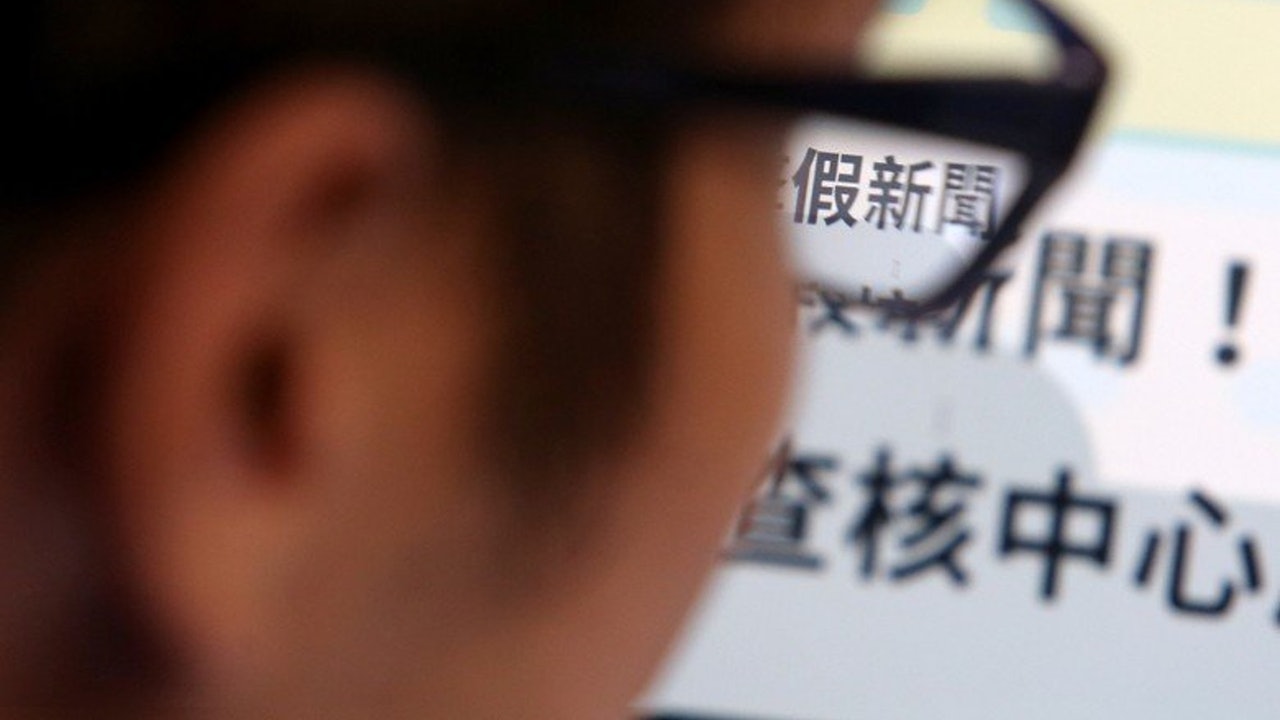

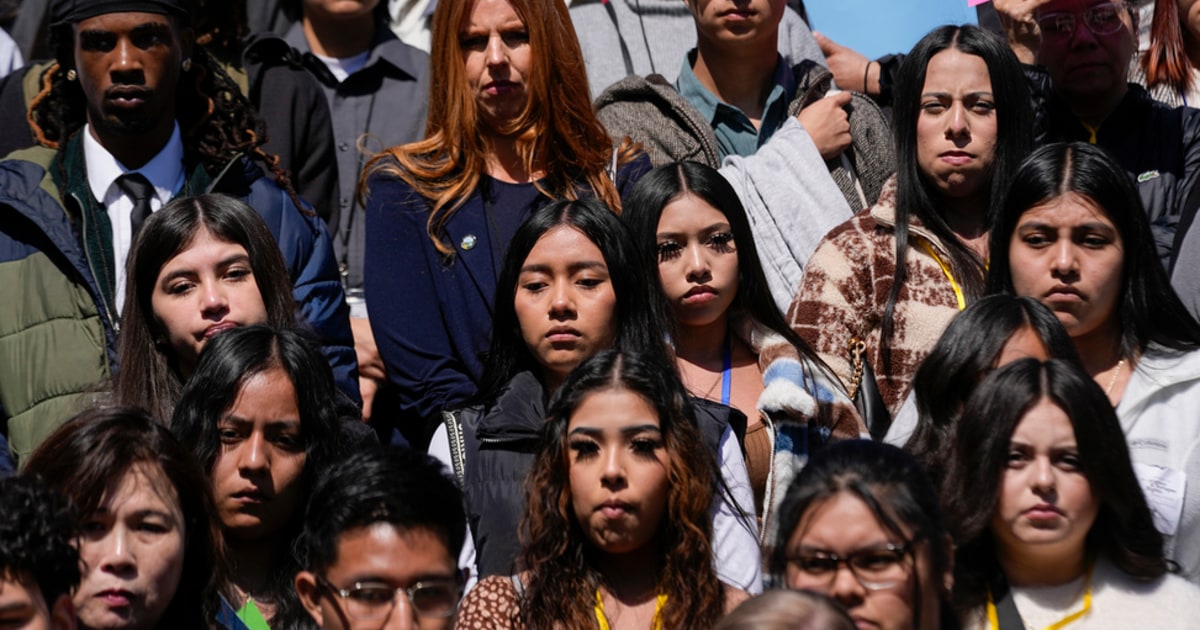

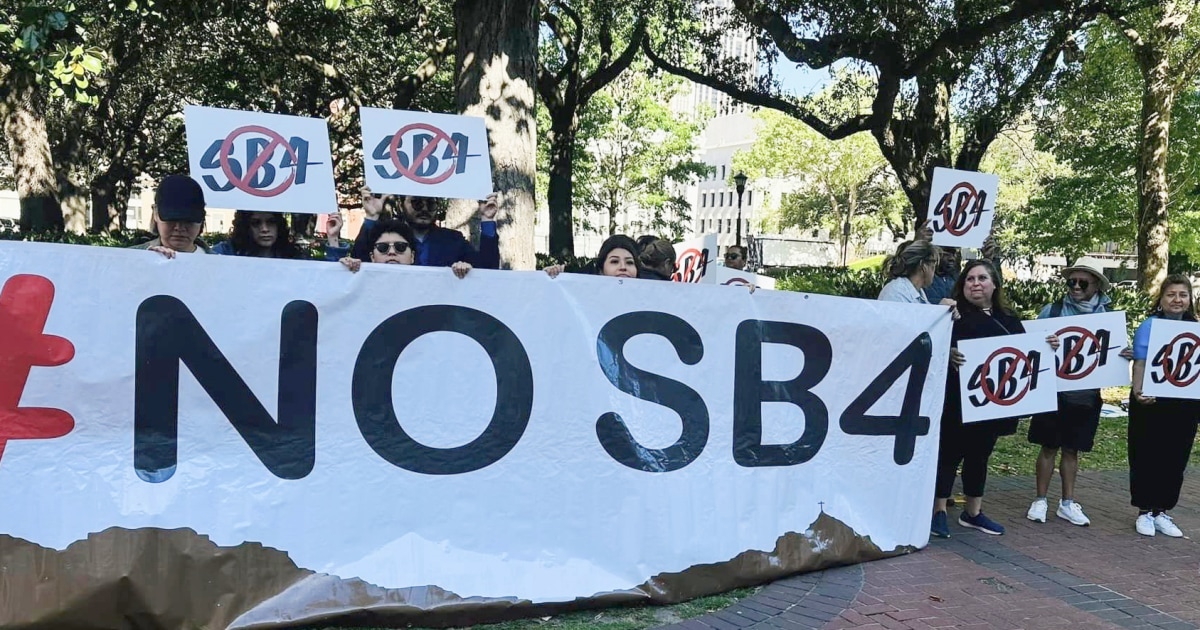

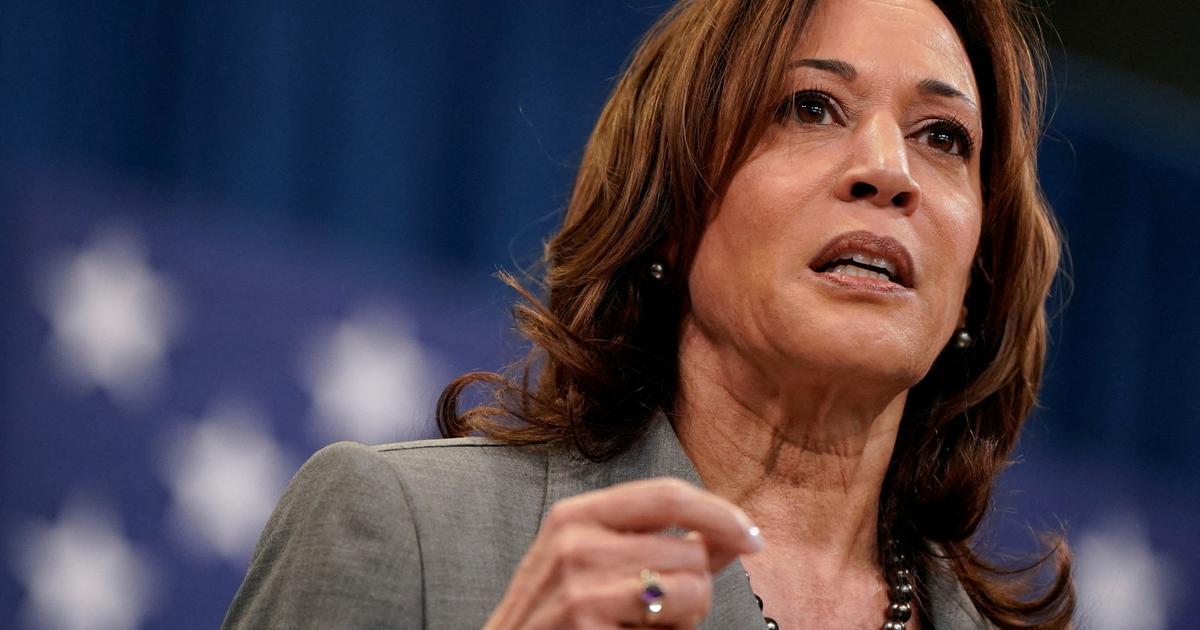
/cloudfront-eu-central-1.images.arcpublishing.com/prisa/RULPYNDV5FMFMTRM6OUNH3K3BY.jpg)
